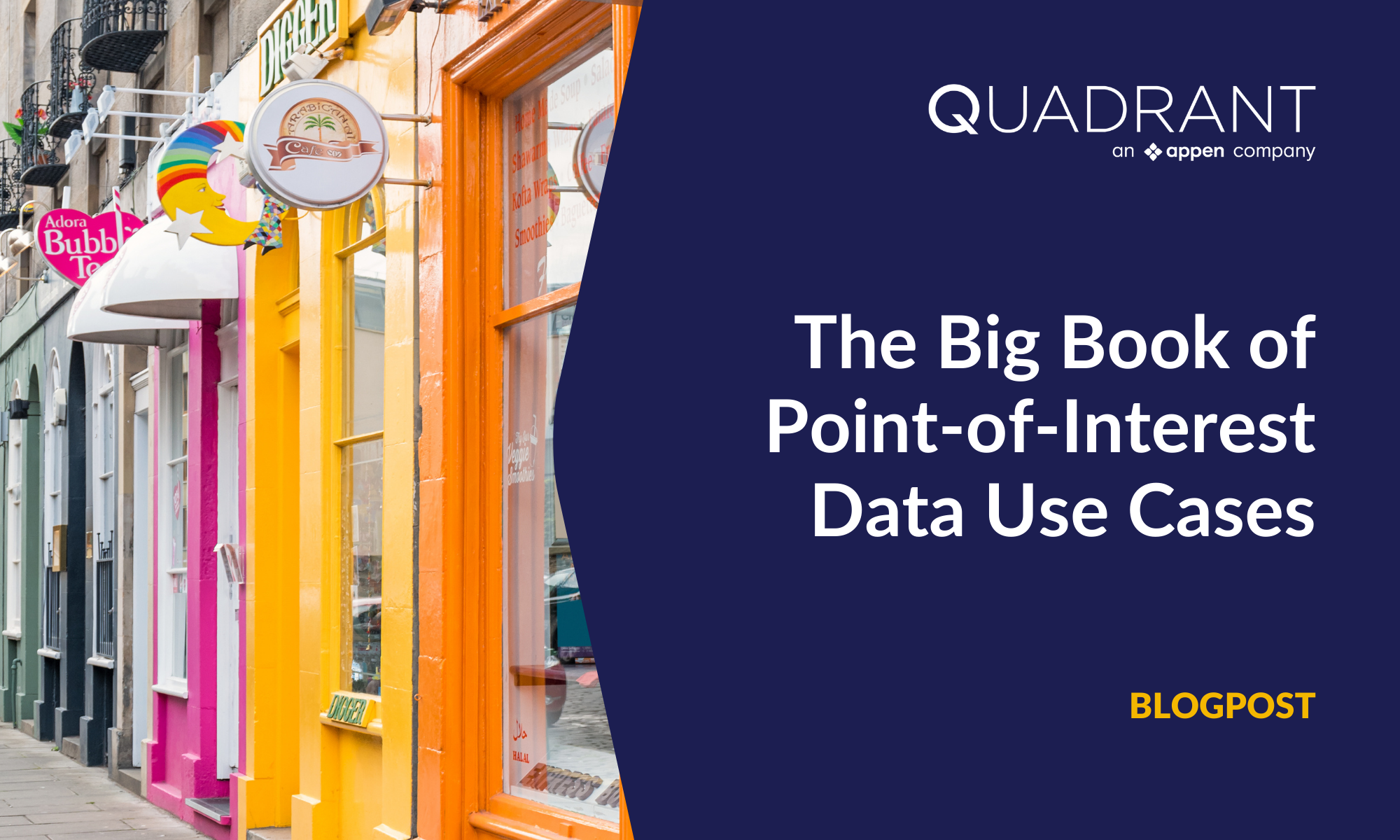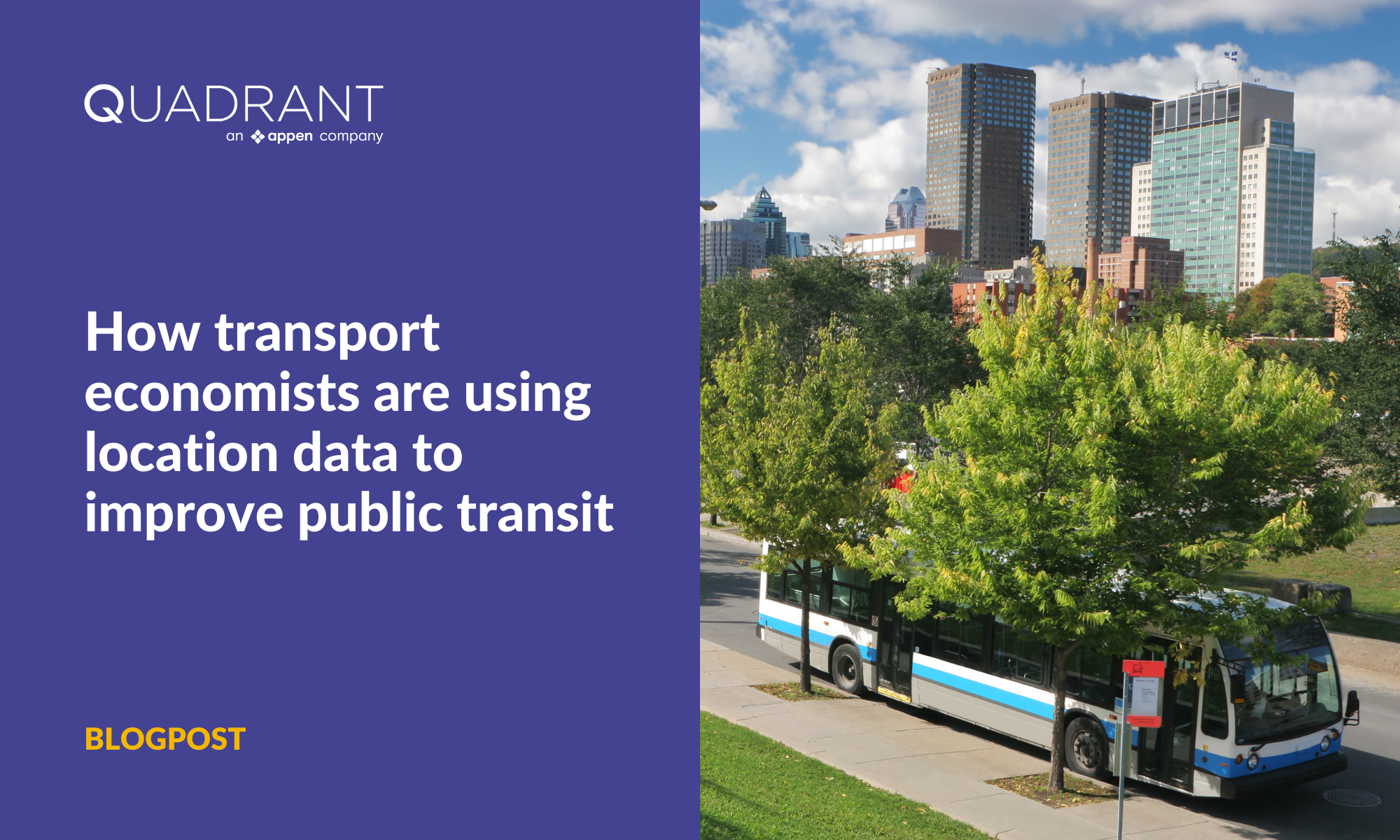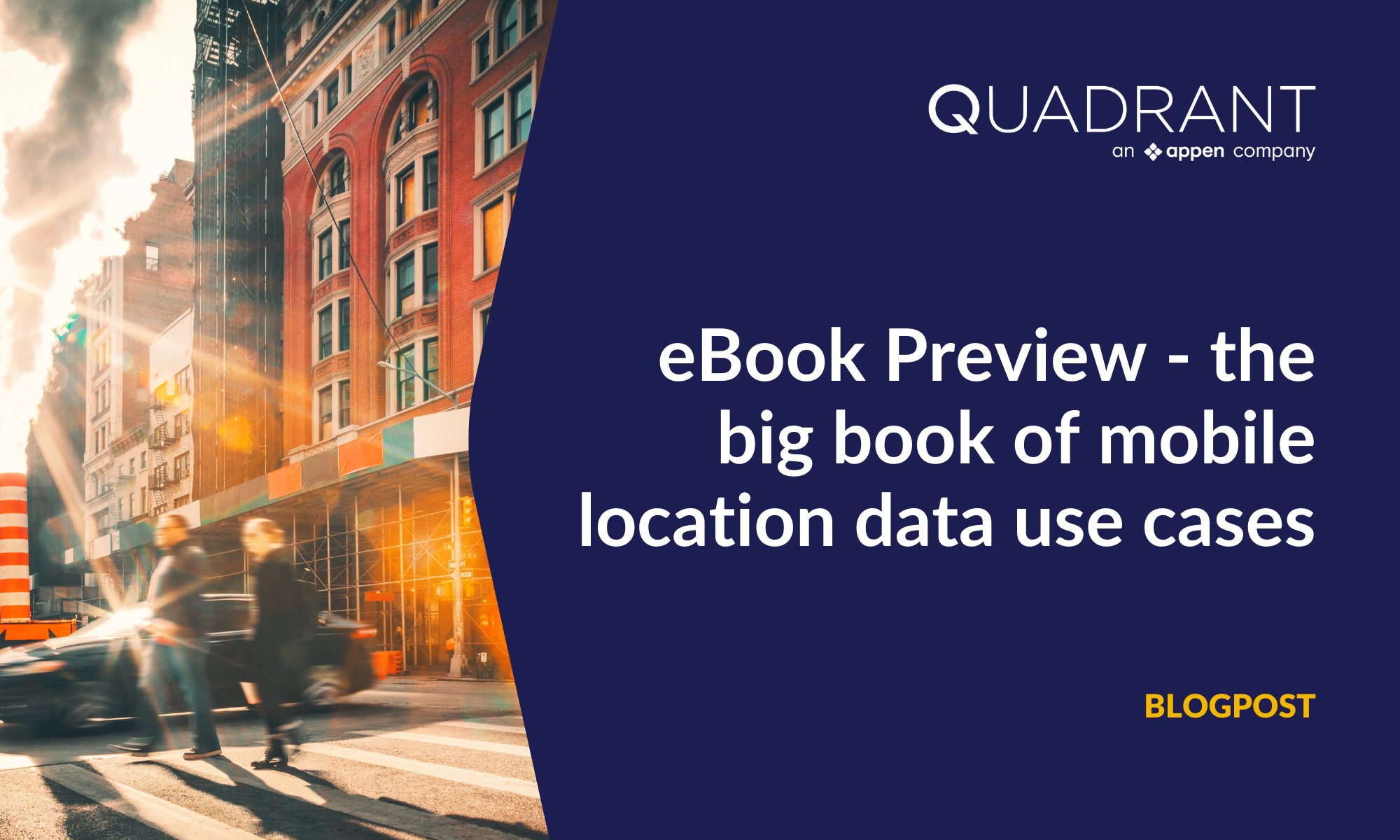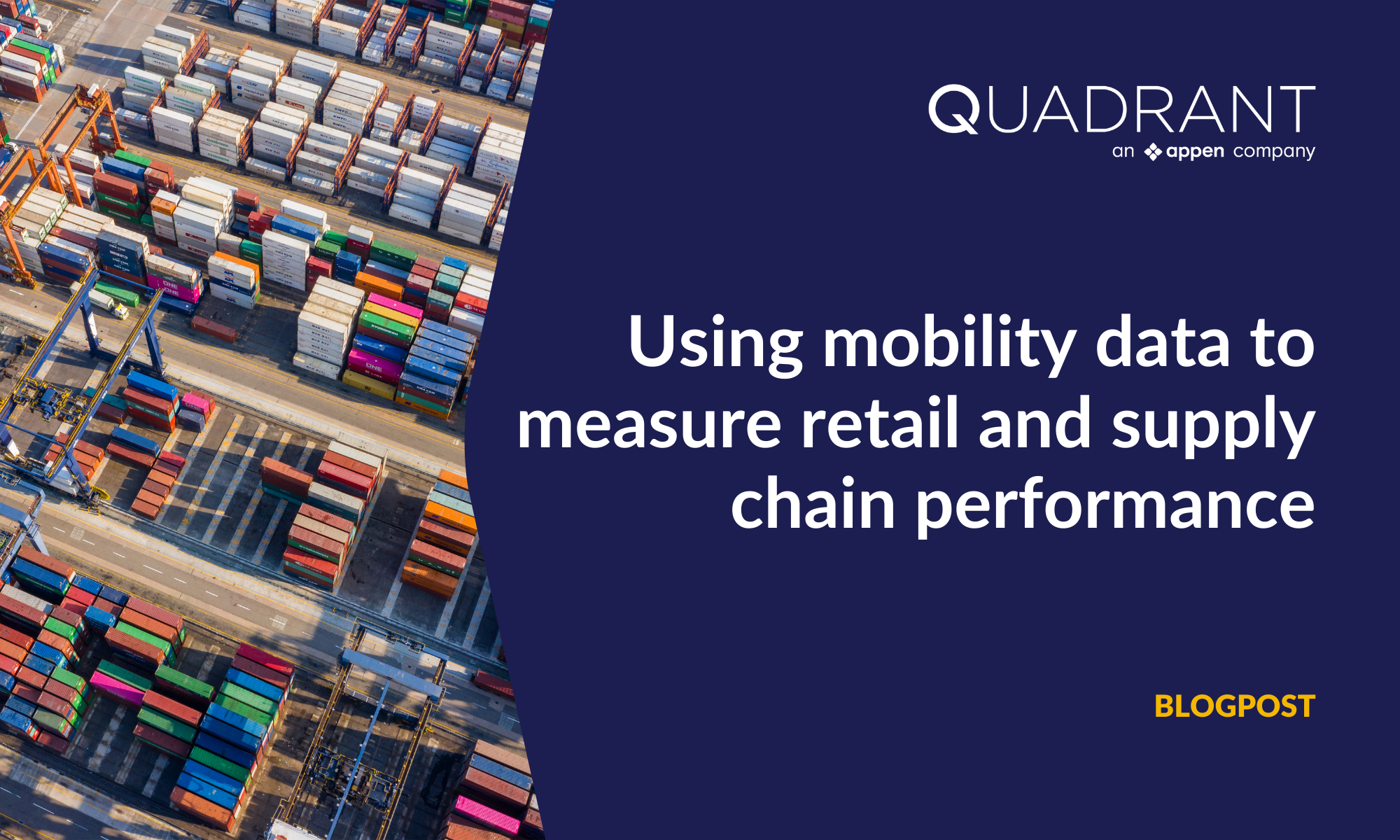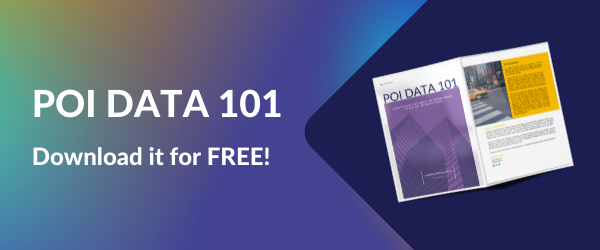Point-of-Interest (POI) data is the digital representation of physical spaces that are of interest to individuals, businesses, and governments – such as malls, restaurants, train stations, residential complexes, hospitals, and schools. In other words, a POI can be anything that someone wants to find on a map. POI data acts as the lynchpin of operations in several industries, including ridesharing, last-mile delivery, logistics, real-estate, retail, marketing and the public sector. Even companies whose business model is not primarily built on POI data can still harness it to glean insights that offer a tangible, competitive advantage. Data scientists generate meaningful insights on the distinct characteristics of neighbourhoods, people’s movement patterns, and an area’s vulnerability to natural disasters by analysing POI data alongside mobile location data, demographics, purchase data, and environmental records.

